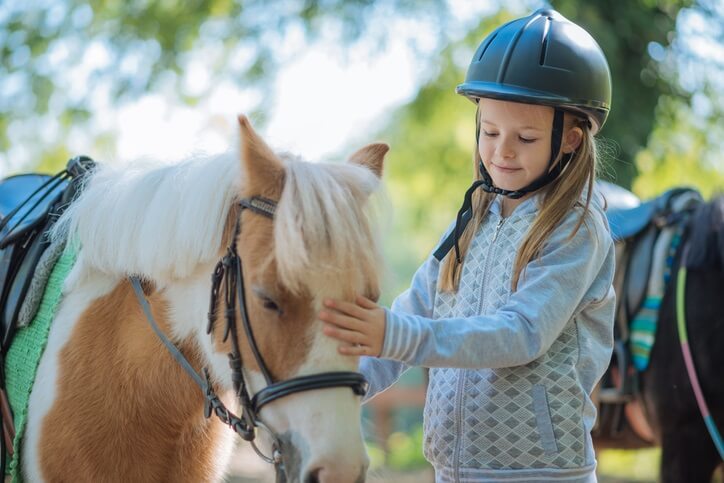 Divorces among farm families inherently have animal issues – not only with live animals but also with genetic material (e.g., embryos, semen). These are important property disputes for some farm families. Depending on the state, companion animals can be treated differently.
Divorces among farm families inherently have animal issues – not only with live animals but also with genetic material (e.g., embryos, semen). These are important property disputes for some farm families. Depending on the state, companion animals can be treated differently.
Companion Animals
To begin, companion animals typically include dogs and cats, but can also include some exotic animals and horses. States typically take a property view when it comes to companion animals, but some jurisdictions note differences.
Some states allow for pet visitation, while others do not. Importantly, parties are welcome to have their own negotiated or mediated agreement with pet visitation, but it is important for them to understand that depending on the state, said agreement may or may not be enforced. For example, a divorcing couple in New York will follow the “best of all concerned” standard but will award the pet to either spouse, not allowing for pet visitation. Conversely, states like Illinois will order the “allocation of pet responsibility” and may order shared veterinary expenses and a visitation schedule.
Companion animals and pet visitation schedules may impact parenting plans in a divorce. For example, children may travel from house to house with the family dog or other companion animals.
Farmer and rancher parties negotiating companion animal issues may consider any utility that the animal may have. For example, perhaps the dog is a sheep or cow herder or plays other roles on the farm.
Livestock & Horses
Courts treat livestock and horses like any other type of property. The first step in the analysis is to ascertain if any of the animals are separate or nonmarital property. When doing so, take a look at the progeny of any gifts, inheritances or premarital animals. Was any property commingled? Were marital assets used to pay the feed bill?
Livestock and horses should be inventoried. Make a list, including the following information:
• Registered Name (if applicable)/Identified name
• Sex
• Registration Number (if applicable)
• Breed composition
• Color/markings (e.g., baldy)
• Identification number (e.g., ear tag, brand, or electronic tag)
• Tattoo number (if applicable)
• Ear notches (if applicable)
• Name titled in (or registered in)
• Location
Depending on the jurisdiction, marital and nonmarital property needs to be valued. Appraisers or sale consultants can be hired to help value the livestock and horses to help ascertain the value of the marital estate. Animals should be appraised individually. Market animals should be valued by market prices.
Frozen Genetics
Eggs/oocytes, embryos and semen should also be inventoried and valued/appraised. Parties going through a divorce will not need to hire an appraiser if they can agree upon vlues based on industry standards.

